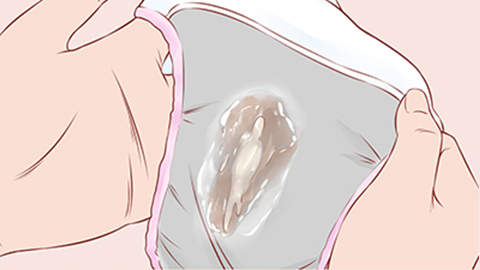Is abnormal vaginal discharge a sign of HPV infection?
Abnormal vaginal discharge is not necessarily a sign of HPV infection. In most cases, it is related to gynecological inflammation, hormonal fluctuations, or organic lesions of the reproductive system. HPV infection itself usually does not directly cause changes in the appearance, odor, or amount of vaginal discharge. If abnormal discharge persists and is accompanied by itching, foul odor, or bleeding, prompt medical evaluation is recommended.

Common causes of abnormal vaginal discharge include inflammatory conditions such as bacterial vaginosis, fungal (yeast) vaginitis, and trichomoniasis, which can lead to increased discharge, changes in color, or unpleasant odor. Hormonal changes during ovulation or pregnancy may also temporarily increase discharge volume. Conditions like uterine fibroids or cervical polyps can cause blood-tinged discharge. None of these are directly associated with HPV infection.
HPV primarily affects cervical epithelial cells and often causes no noticeable symptoms in the early stages. Only a small number of individuals with persistent infections may develop cervical lesions, which could present with blood-tinged discharge or post-coital bleeding. However, these symptoms are not direct manifestations of HPV infection but rather result from damage to cervical tissue. Abnormal vaginal discharge alone should not be used to diagnose HPV infection; definitive diagnosis requires HPV testing and routine vaginal discharge examination to identify the underlying cause.
To maintain gynecological health, keep the genital area clean and dry, wear breathable cotton underwear and change it regularly, avoid frequent use of feminine hygiene washes that may disrupt the natural microbial balance, practice good hygiene before and after sexual activity, and maintain regular sleep patterns to boost immunity and reduce the risk of gynecological issues.




